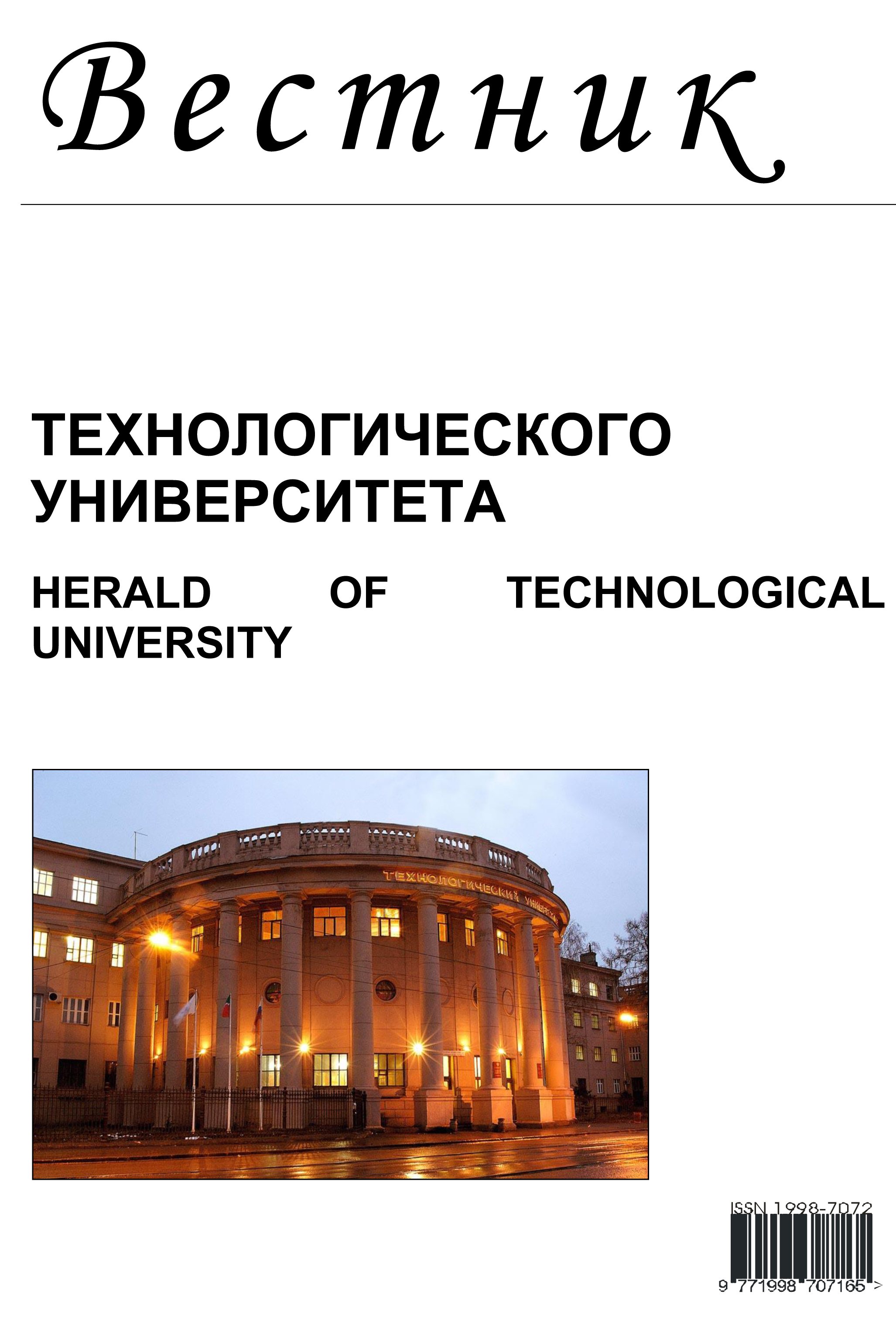employee from 01.01.2022 until now
Kazan, Russian Federation
The influence of temperature and additives of carbonatolites and manganese and aluminum oxides on the composition and viscosity properties of thermal cracking products of heavy high-viscosity oil extracted from terrigenous deposits of the Ufa stage of the South Tatar Arch is studied. The experiments were carried out in a stationary reactor at temperatures from 250 to 360 °C and pressures up to 2 MPa in an atmosphere of superheated steam. Studies have confirmed that manganese oxide accelerates the cracking reactions of petroleum resins, while aluminum oxide contributes to the destruction of resinous-asphaltene substances in general. An increase in the process temperature to 360 °C leads to the conversion of asphaltenes by more than 30 %, with intensive formation of gases, low-boiling compounds, aliphatic and aromatic hydrocarbons. The use of only carbonatolites slightly reduces the content of resinous-asphaltene substances. Manganese oxides at 300 °C accelerate the degradation of high-molecular compounds, increasing the number of low-boiling fractions and aromatic compounds. Increasing the cracking temperature from 300 °C to 360 ° C with the addition of aluminum oxides increases the content of the n.k. fraction-180 °C, the content of aromatic compounds, and also reduces the amount of aliphatic hydrocarbons. At a cracking temperature of 360 °C and the participation of carbonatolites, the viscosity of products decreases by half, and with the addition of aluminum oxide - by more than 70 %.
HIGH VISCOSITY HEAVY OIL, THERMAL CRACKING, MINERAL ADDITIVES, ALIPHATIC HYDROCARBONS, AROMATIC HYDROCARBONS, PETROLEUM RESINS, ASPHALTENES









